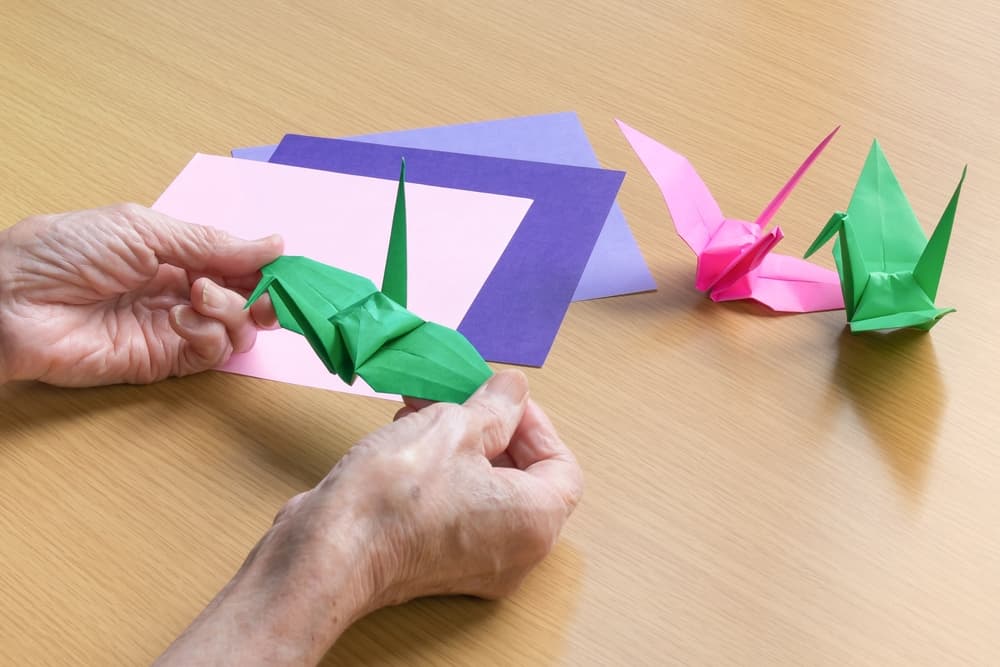As people age, they may experience memory loss. Dementia, a severe form of cognitive decline that reduces the brain’s ability to function, such as remembering things or communicating effectively, can cause difficulties in carrying out daily tasks. Further, as the condition progresses, they may even struggle to recognise their loved ones or navigate familiar environments.
Also Read: What Is Mukhyamantri Vayoshri Yojana? All You Need To Know
People with such conditions require constant support from family members and professional caregivers. Fortunately, though, there are ways to prevent or minimise such risks, such as engaging them in memory-enhancing activities, maintaining routines, providing emotional support to manage symptoms, creating a safe environment, and improving their overall life quality in conjunction with regular medical consultations and personalised care plans.
Neha Sinha, a dementia specialist and CEO and co-founder of Epoch Elder Care, says dementia patients are difficult to rehabilitate due to irreversible damage to their brains. In short-term memory loss (STM), the person may remember past events but forget their last meal.
Also, playing memory games or quizzing them frequently, as some people prescribe, can cause more stress than positive stimulation. Thankfully, there are ways to manage such conditions in everyday life.
Here are a few ways to manage memory loss in seniors or dementia patients.
External Memory Aids
Sinha advises that “Carrying a notebook and pen can be incredibly helpful. Jotting down important information throughout the day, such as appointments, shopping lists, or medication schedules, ensures nothing essential is forgotten.”
External memory aids include reminder apps, alarms, sticky notes, etc., to avoid forgetting important appointments or tasks. Sinha adds that sticky notes, reminders on doors, refrigerators, and mirrors, taking pictures with a phone, setting electronic reminders on the phone, and using voice assistants can help keep track of tasks and medication times. These methods serve as gentle nudges and provide easy reference for important information later, she adds.
Environmental Cues
Sinha recommends maintaining routines, which can be helpful for dementia patients or memory loss in seniors. Creating a predictable daily schedule for waking up, meals, and bedtime can reduce confusion and help them remember what comes next.
Organising their surroundings in an orderly manner can help them understand the routine easily. Sinha adds that placing frequently used items in designated places and using colour-coding to categorise belongings, medications, or rooms will help reduce time searching for items and improve visual recall.
Simplifying Communication
Breaking down instructions into smaller, simpler steps will help them understand and remember easily. Using clear and concise language, avoiding complex sentences or jargon, speaking slowly, and repeating yourself if necessary can be very effective. As seniors may forget things easily, it is recommended to simplify communication as much as possible.
Sinha advises, “Focusing on the present moment is also essential. When someone forgets something that just happened, gently remind them and concentrate on the current situation rather than dwelling on the past.”
Also Read: What Is Gruha Lakshmi Scheme And Where Is It Implemented? All You Need To Know
Maintaining Independence
Sinha suggests, “Assistive devices can promote independence and safety. Tools like medication organisers or amplified phones can be beneficial.”
Every person wants to be independent and does not want to depend on someone else. Inclusion in the decision-making process rather than deciding on their behalf can help make them feel independent. Sinha says, “Involving the person with memory loss in planning and decision-making fosters a sense of control and reduces anxiety. Positive reinforcement by acknowledging and praising accomplishments no matter how small builds confidence and encourages continued participation in daily activities.”
Be Patient or Seek Professional Help
Patience and understanding are essential in dealing with memory loss, as it can be frustrating. Positive reinforcement boosts self-esteem and accomplishment. Sinha advises seeking professional help from therapists who can provide personalised strategies and tools for managing daily activities.




